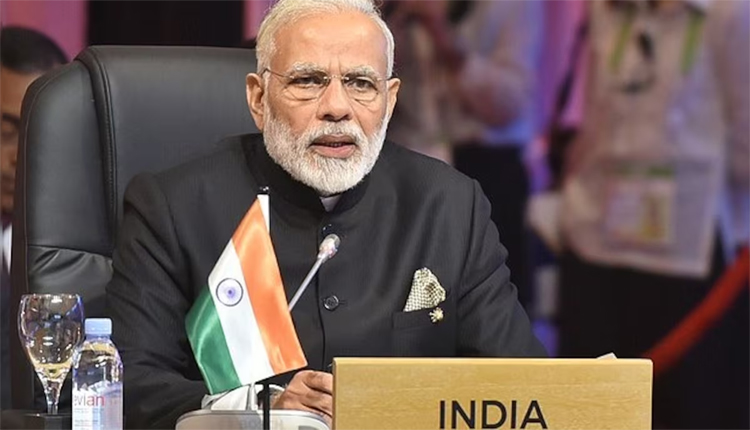New Delhi: Prime Minister Narendra Modi has embarked on a significant visit to the United States, where he will attend the Quad Summit before addressing the United Nations General Assembly (UNGA) on 23 September. This year’s assembly, dubbed the “Summit of the Future,” has reignited discussions about India’s long-standing aspiration for permanent membership in the UN Security Council (UNSC), a body that plays a critical role in global security management.
Understanding the Power Dynamics of the Security Council
The UNSC, established in 1945 amidst the devastation of the Second World War, is widely regarded as the most influential unit of the United Nations. Its mandate is to maintain international peace and security, overseeing global security protocols and collective measures. The Council originally had 11 members but was expanded to 15 in 1965. Today, it comprises five permanent members—the United States, the United Kingdom, China, France, and Russia—and ten non-permanent members elected for two-year terms.
The selection of non-permanent members aims to ensure regional representation within the Council, with elections held for countries from Africa, Asia, South America, Eastern Europe, and Western Europe. India has frequently served as a non-permanent member, leveraging these roles to bolster its credentials for permanent membership.
Calls for Reform: The Case for India’s Inclusion
The UNSC’s structure, largely unchanged since its formation, is increasingly viewed as outdated, especially given the dramatic shifts in global geopolitics. The current configuration is heavily skewed towards Europe, which accounts for only 5% of the world’s population. Notably, the Council lacks permanent representation from Africa and South America, while India, the world’s most populous democracy and a major contributor to UN peacekeeping missions, remains excluded.
Advocates for India’s inclusion argue that the country’s growing influence and its active role in maintaining global peace underscore the need for a more balanced and representative Security Council. Permanent membership would elevate India’s international standing, granting it a platform equal to that of China, the only Asian country with veto power.
The Veto Dilemma and Opposition from China
One of the most contentious issues surrounding permanent membership is the veto power, which allows any of the five current permanent members to block UNSC resolutions, even if there is broad consensus among other members. The US, UK, France, and Russia have all expressed varying degrees of support for India’s bid over the years, but China remains a vocal opponent, wary of India’s rising stature in regional and international politics.
China’s reluctance stems from strategic concerns, as India’s ascension would counterbalance Beijing’s influence on the Council. If granted permanent status, India would be empowered to challenge decisions that threaten its interests, especially those that originate from China.
Reform Roadblocks: Amending the UN Charter
The path to India’s permanent membership is fraught with challenges, requiring a two-thirds majority vote in the UN General Assembly and ratification from all five permanent members. This process necessitates amendments to the UN Charter, a complex and politically sensitive undertaking. The question of veto rights remains a significant stumbling block, with existing members reluctant to extend this power to new entrants, fearing a dilution of their own influence.
Additionally, some Western nations harbour concerns that India’s membership could complicate their strategic calculus, particularly if India’s actions diverge from American interests on the global stage.
The Global Stakes: What Permanent Membership Means for India
Securing a permanent seat at the UNSC would significantly enhance India’s global influence, allowing it to assert its voice more forcefully in international affairs. As a permanent member, India would have the authority to block decisions that undermine its security or sovereignty, providing a powerful tool to counter external threats, including state-sponsored terrorism.
Moreover, India’s inclusion would bring much-needed diversity and perspective to the Security Council’s decision-making process, potentially recalibrating the balance of power in favour of a more equitable international order.
A Strategic Move for Global Balance
India’s pursuit of permanent UNSC membership reflects broader calls for reform in global governance structures that have remained largely static since the mid-20th century. While significant hurdles remain, India’s bid underscores its growing role on the world stage and its readiness to contribute to the maintenance of international peace and security as an equal partner.
As Prime Minister Modi addresses the UNGA, India’s case for a permanent place in the world’s most powerful security forum is stronger than ever, with the promise of reshaping global dynamics for a new era.



Comments are closed.